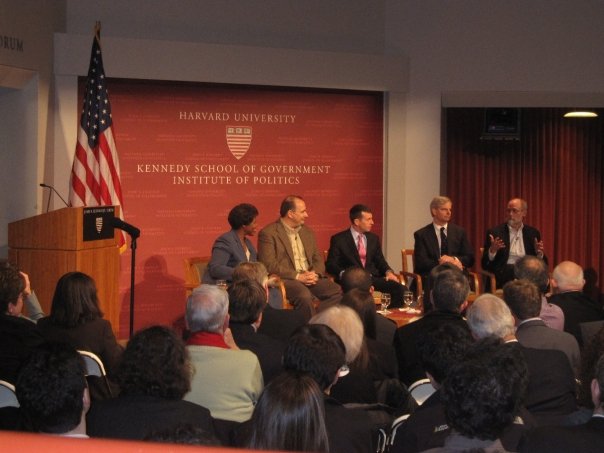The Pew Research Center for People and the Press has just released a new survey on the role of the Internet in the 2008 US campaign. The report shows that almost half (42%) of 18 to 29 year olds learns regularly about the campaign from the Internet, double the number in the 2004 campaign (20%). The age divide between young and older people in looking for campaign information online has also doubled since 2004 from 13 percentage points in 2004 to 27 percentage points in 2008 (it should be noted though that the proportion of 30 to 49 year olds and 50 year olds and older turning to the Internet has also grown since 2004, although not as dramatically as amongst 18 to 29 year olds – showing that the Internet is increasingly becoming a source of political information amongst the general population, even though it is still lagging behind TV and daily newspapers).
The Pew findings also show that traditional online news websites such as MSNBC, CNN and Yahoo remain the most visited sites for political information seeking, but amongst young people 37% of 18 to 24 year olds (and 27% of those younger than 30) have gotten campaign information from social networking sites like MySpace and Facebook (compared to 4% of those in their thirties and 1% of those 40 and older), showing how these online spaces have become an important space not only for entertainment but also for more civic minded activities. Two caveats, though….
…there’s a feeling amongst pundits and young people themselves (as many of the young people we interviewed for our Digital Natives project voiced) that membership in political groups on Facebook is so low cost that it is actually meaningless: joining a candidate’s group is like putting a bumber sticker of your favourite candidate on your car. But does this translate into actual offline participation/higher voting turnout? Also, Pew reports that 59% of web users under the age of 30 have come across campaign news online while they were actually looking for something else. Is this kind of exposure better than no exposure at all? Should we consider as political engagement only the one that is costly and face to face, like canvassing and campaigning door to door in the rain or is this exposure to online news a good starting point?
(cross-posted in Digital Natives blog)

